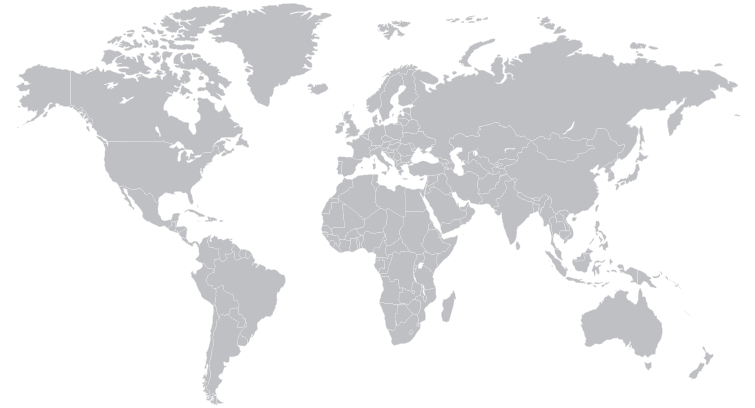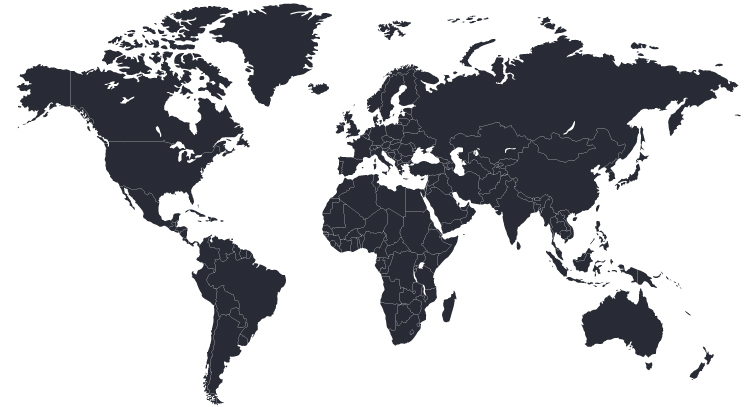Project
Cyberspace4All: Towards an Inclusive Approach to Cyberspace Governance (Phase 1 & 2)
About
Cybil code: G0590
Status: Finished
From: Aug 2019
To: May 2025
Implementors
Partners
Warning: Undefined variable $block in /home2/cyb1lp0/public_html/wp-content/themes/cyber/inc/nick-functions.php on line 139
Themes & Topics
Region


Countries
Contact
International Security Programme
Summary
With support from the Dutch Ministry of Foreign Affairs, this project aims to create shared language and references on international cyber governance, raise awareness on key developments in the two UNGA forums and help inform state policies on cyber norms.
Details
Aim
This project aims to create shared language and references on international cyber governance and help inform state policies on cyber norms.
Through two parallel tracks – a policy track and an international law track – the Second Phase of this project (implemented jointly by Chatham House’s International Security and International Law programme) will:
- Lead on a process aimed at developing options for operationalizing the principles;
- Support the operationalization of the OEWG’s capacity building principles by communicating the principles more widely and developing options and recommendations for their implementation in the context of the OEWG work and beyond;
- Advance understanding of the application of certain rules on state responsibility in cyberspace; and
- Build state capacity on state responsibility and response options in cyberspace
Context
As threats in cyberspace proliferate, global cyber governance is becoming more challenging, more imperative and more complex.
The recent UN Open-ended Working Group on security of and in the use of information and communications technologies (OEWG) and UN Group of Governmental Experts on Advancing responsible State behaviour in cyberspace in the context of international security (GGE) processes on cyberspace have produced consensus reports which have been hailed as major developments in global cyberspace governance.
With a new five-year UN OEWG process (2021-2025) underway, it is expected that the next few years will continue to be crucial in shaping this agenda.
Given i) the novelty of some aspects of the cyber governance debate, ii) the intersections that exist between cyber and digital policy areas (cybersecurity, cybercrime, Internet governance, etc.) and other national priorities, and iii) the differing levels of maturity that exist between states, there is a strong need for filling research gaps and for developing and implementing targeted capacity-building activities.
Outcomes
Through its activities, the project will help:
- Create a shared language and references on international cyber governance
- Raise awareness on key developments in the two UNGA forums and key ongoing initiatives
- Help inform states policies on cyber norms in preparation for their engagements in the UN negotiations
- Provide a productive space to facilitate debate and discussion for ALL on key developments around international cyber governance
Outputs
Between August 2019 and June 2022, the First Phase of this project produced:
- A special issue of the Journal of Cyber Policy;
- 3 video explainers in the 6 UN languages on the rules of cyberspace, creating a stable cyberspace, and the role of capacity building in cyberspace;
- A five-episode podcast mini-series on ‘Who Rules Cyberspace?’;
- A meeting summary from a regional conference held in Jordan on cyber diplomacy and governance.
Activities
- Cyber Diplomacy and Governance: Opportunities, Challenges and Way Forward for the Arab Countries (Jordan, 16th-17th May 2022): The conference convened over 60 delegates from the Arab countries (ranging from ambassadors, diplomats, experts and policymakers), regional stakeholders from civil society and academia and international experts. The conference:
- Provided a space for structured discussion between Arab stakeholders on
international cyber governance; - Identified ways in which Arab countries can enhance their coordination to
support their future engagements in global forums; and - Discussed concrete steps that Arab countries can take to operationalize the
agreements they have endorsed at the UN.
- Provided a space for structured discussion between Arab stakeholders on
- Cyberspace Governance at the United Nations (18th January 2023):With a dual focus on cyber capacity building and international law, this event considers how these two elements interact and intersect, how discussions on them could progress in the UN space and outside it and how the two contribute to a safer and more secure cyberspace for all.
The Cybil project repository is being continuously updated, and the information it contains is either publicly available, or consent for publication was given by the owner. Please contact the portal manager with any additional information or corrections. Whilst every reasonable effort is made to keep the content of this inventory accurate and up to date, no warranty or representation of any kind, express or implied, is made in relation to the accuracy, completeness or adequacy of the information contained in these pages.







